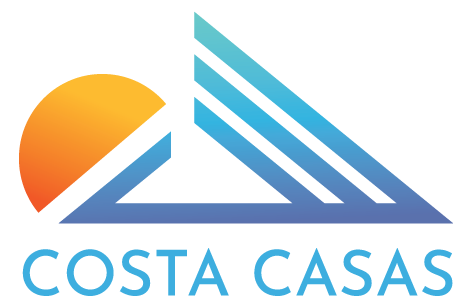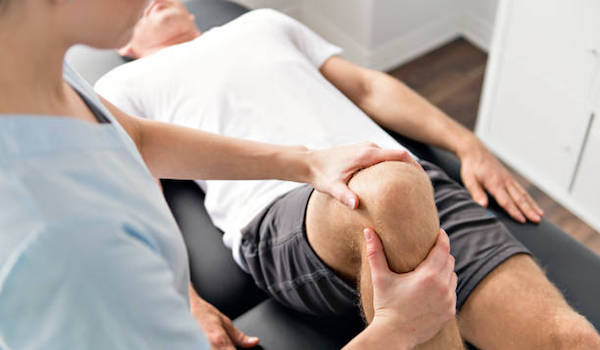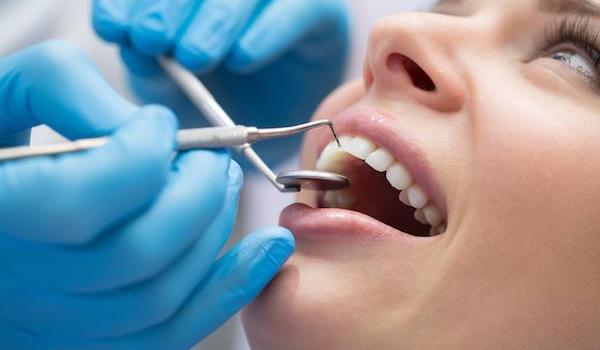The Spanish healthcare system - a comprehensive guide for expats
For those who plan to live in Spain, whether temporarily or for a longer period of time, understanding the Spanish healthcare system is essential. We have collected the most important information about how it is organized and how to obtain all the necessary documents.
Organization of the Spanish healthcare system:
The Spanish healthcare system distinguishes between private and public care. Public care is provided by the Spanish Health Insurance Fund, which provides access to health care for anyone who contributes in any way. Public health care in Spain is generally of high quality, comparable to most EU countries, and even excels in some fields, such as oncology.
On the other hand, private care offers a more individualized approach. Private hospitals tend to be more modern and may have better medical equipment. Interpreters are available for non-Spanish speakers. Adding private health insurance to public is recommended until you become familiar with the Spanish public health system.
Both systems have their advantages and disadvantages. Private care may have a limited choice of providers and may not fully cover all costs.
For non-residents in Spain:
EU citizens who visit Spain for a short period and are not yet retired are entitled to free medical care or reduced costs in case of medical emergencies. This entitles you to the same level of medical care as Spanish nationals, although it may differ from the care provided in your home country. To take advantage of this benefit, you need a European Health Insurance Card (EHIC), known in Spain as "Tarjeta Sanitaria Europea". The EHIC card is individual and each family member must have their own card. Valid during short stays and limited to unforeseen medical care.
For residents of Spain:
To be eligible for Spanish public healthcare, residents must pay monthly social security contributions (to Seguridad Social - INSS). This can be done through deductions from your wages, pension or allowance, or as a self-employed person. Pensioners who receive a pension from their home country can also be registered with the INSS.
To register with the public health service, you need to obtain a social security number, which can be requested from the nearest social security office (Tesoreria General de la Seguridad Social). EU pensioners living in Spain can access free health care services by completing form S1 (formerly form E121).
Dentists and Pharmacies:
Dental care is not covered by the public health system, except for children and emergencies. Dental treatment in Spain is relatively inexpensive compared to other EU countries and dental insurance is available at low cost.
Pharmacies, called "farmacia" in Spanish, are easily accessible, and there are 24-hour pharmacies (farmacia de guardia) in every area.
Emergency numbers:
The emergency numbers to remember are 112 (free, available throughout Spain for all emergencies) and 061 (free for traffic accidents).





